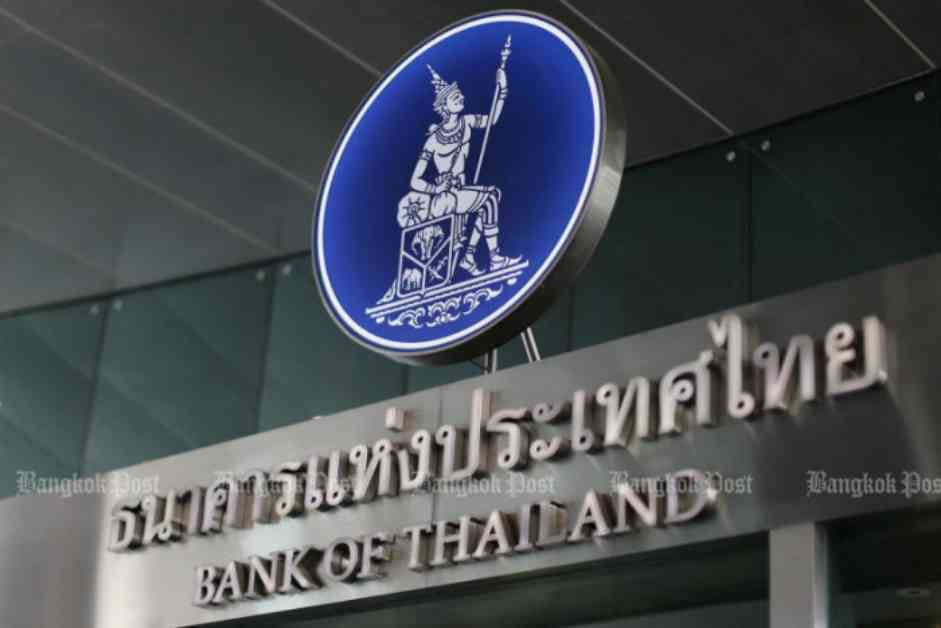Foreign investors are selling off Thai government bonds due to increasing political risks and the Bank of Thailand’s indication that there will be no more interest rate cuts. In October alone, over US$850 million has been withdrawn from baht bonds, marking the largest monthly outflow since August of the previous year, according to data from the Thai Bond Market Association.
This trend is expected to continue as abrdn plc finds more value in other markets, and Krungthai Bank Public Co predicts that benchmark yields will remain stable between 2.3% to 2.4% until the end of the year. The Bank of Thailand announced on Tuesday that it will not rush to implement additional interest rate cuts, despite pressure from the government to further ease monetary policy. This stands in contrast to Malaysia, where foreign interest in sovereign bonds is anticipated to increase as the government pushes forward with fiscal reforms.
Pongtharin Sapayanon, the head of Thailand fixed income at Abrdn Investments in Bangkok, stated that they prefer Malaysia over Thailand due to yield levels and a more positive outlook on the currency. Returns on Thai bonds for dollar-based investors have dropped by 3.3% in October, with the spread with US Treasuries reaching a negative 184 basis points this week, the lowest since May. This indicates that Thai bonds are relatively more expensive compared to their Southeast Asian counterparts.
Furthermore, political uncertainty in Thailand, stemming from investigations into the ruling party and other coalition groups allegedly influenced by former prime minister Thaksin Shinawatra, is also contributing to the outflow of foreign funds. Jitipol Puksamatanan, the head of investment strategy at Finansia Syrus Securities Plc in Bangkok, believes that this political issue, combined with the upcoming US election, may lead to continued outflows from Thai bonds.
Despite the possibility of the Bank of Thailand adopting a more dovish stance in December due to the risks posed by the ongoing trade war, Poon Panichpibool, a strategist at Krungthai in Bangkok, does not expect yields to decline further. He mentioned that while there is selling pressure on emerging market assets, the expectation of a weaker Thai economy and the anticipation of more rate cuts by the Bank of Thailand may keep 10-year yields stable.
In conclusion, the selling of Thai government bonds by foreign investors is driven by a combination of factors, including political risks, the Bank of Thailand’s stance on interest rates, and external uncertainties such as the US election and global trade tensions. These developments are likely to impact the Thai bond market in the coming months, with investors closely monitoring the situation for further insights and opportunities.




















